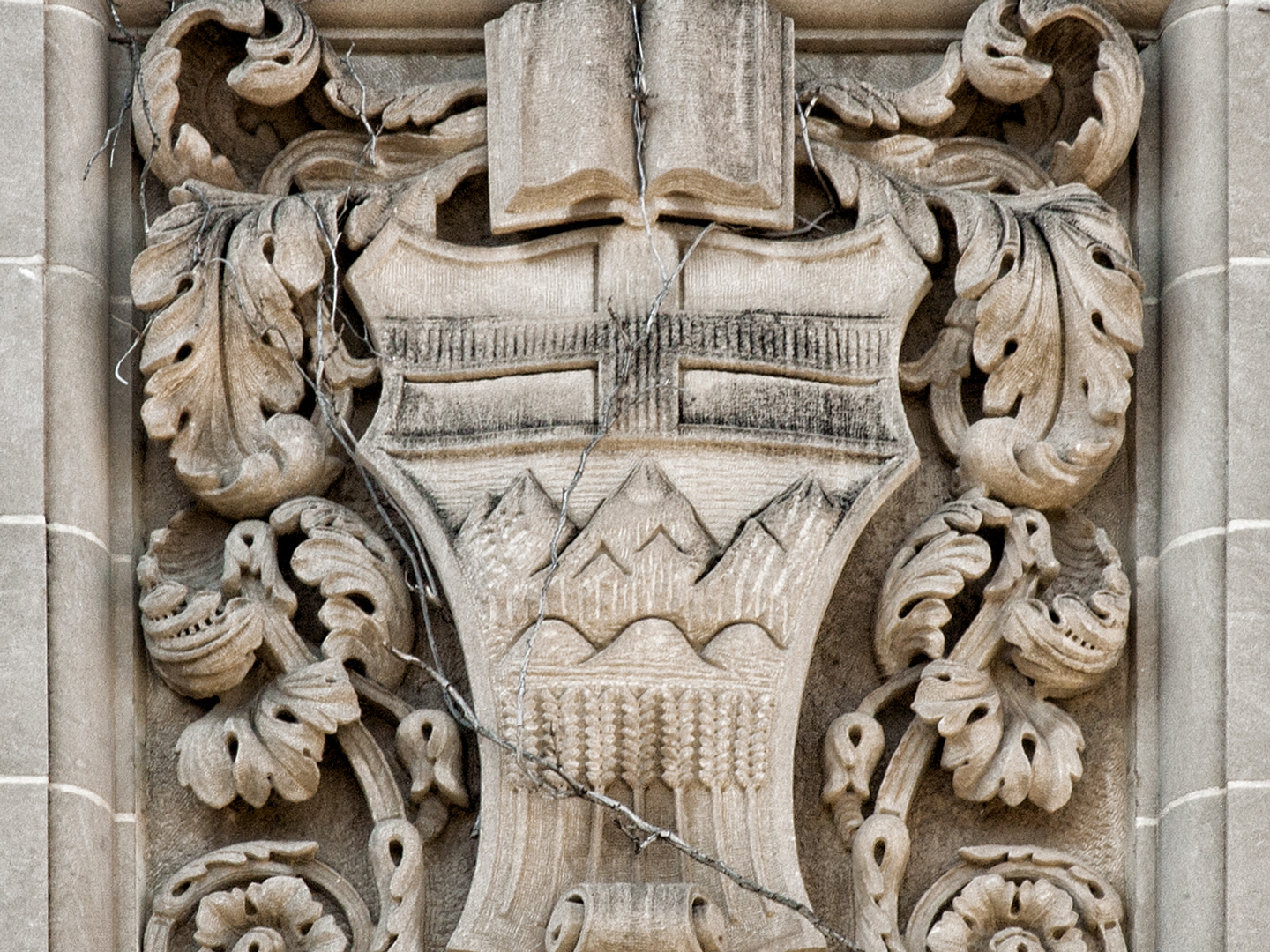Developing College Structure
Bill Flanagan and Steven Dew - 29 April 2021

As we approach the end of winter term, we want to thank faculty and staff for everything you’ve done over the last year to ensure that our students continue to learn and thrive in unusual and difficult circumstances. We also want to recognize our students’ hard work and efforts as they complete final projects and exams. This academic year has challenged us to do things differently and adapt quickly to new teaching, learning and research platforms. At the same time, we have been implementing major administrative and academic restructuring. As announced on Monday, we look forward to welcoming many of our students back to campus in fall 2021 and being face-to-face once again.
Progress
By fall, we will have reached several major milestones in U of A for Tomorrow. This summer, we will launch three new colleges, bringing together 13 of our faculties along shared disciplinary lines. The new staff and student services centres will be in place, transitioning to a more effective and efficient centralized model for delivering administrative services, including finance, human resources, and IT. Two other functional streams--research administration and external engagement--will be through discovery phases by the fall and preparing for a transition.
Colleges
To help facilitate these changes, we must develop the best structure for the colleges and clarify roles and responsibilities across colleges, faculties, departments, and central units. Since the appointment of interim college deans in January, we have been meeting regularly to explore the structure of the colleges and begin defining the colleges’ areas of academic and administrative leadership and responsibility. With the appointment of the college general managers, this process is well underway. Discussions have also been ongoing within the colleges, among the faculties, and with many senior leaders across the university.
As SET moves the university to a more centralized, service-oriented administrative model, the colleges will play a key facilitating role. They will shift administrative burden away from faculties and departments to ensure that faculties and departments can focus their energy and activity on core academic matters. The colleges will provide high-quality administrative services at a lower cost and achieve administrative savings. They will also foster university-wide collaboration and interdisciplinary and multidisciplinary teaching and research.
The colleges will have a substantial and meaningful role in the academic vision and mission of the university. With the colleges, we can deepen our capacity to address society’s big challenges. We can advance the whole spectrum of human health and wellness. We can advance science from pure discovery to innovations that can improve all our lives. We can build an inclusive, equitable, just, prosperous and creative society with opportunity for all. Working closely with our community-focussed faculties—Campus Saint-Jean, the Faculty of Native Studies, and Augustana Campus—the colleges can expand and enrich university-wide collaboration and engagement with interdisciplinary and multidisciplinary teaching and research. Together, we can build an academic structure that is forward-looking and innovative, of greater relevance than ever to the many communities we serve in Alberta and around the world.
Clarity on structure
In advance of the launch of the colleges on July 1, we will discuss and clarify the roles and responsibilities of the university, colleges, faculties and departments. Over the next month, we will move from exploring options to defining the structure of the colleges. Through a series of retreats and meetings, college and faculty deans, vice-presidents and vice-provosts, and other senior leaders will work together to determine the details of the structure, governance, authorities and accountabilities for the colleges. This will clarify where functions, activities, and responsibilities will rest—whether at the institutional, college, faculty, or department level. We will be ready to begin transitions on July 1. Full implementation, however, will take time and will be phased in over several months following the launch of the colleges with continued engagement with all stakeholders.
The decision to establish three new colleges opens major opportunities to enrich the teaching, learning, and research excellence of the U of A. We look forward to continuing to work with the entire university community as, together, we build a bright future for the University of Alberta.